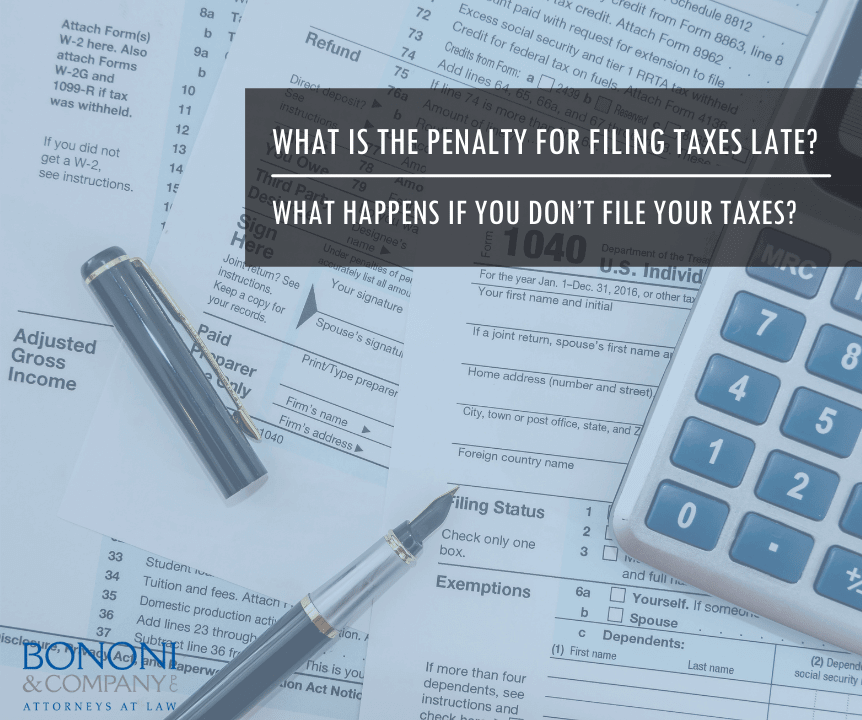
As we get ready to help our clients through their 2020 taxes, we wanted to take the next few weeks to review questions that we receive on a regular basis. To show the importance of accurate, timely filing, we chose the 2 following questions for this week:
- What is the penalty for filing taxes late?
- What happens if you don’t file your taxes?
What is the penalty for filing taxes late?
Typically, the penalty for filing late is 5% of the unpaid taxes for each month or part of a month that the tax return is late. This penalty will start accruing the day after the tax filing due date and will not exceed five months. If you are more than 60 days late, the minimum penalty becomes the lesser of $435 or 100% of the tax due with the return.
You will not have to pay the late-filing penalty if you can prove reasonable cause for not filing on time. Additionally, if you had requested an extension of time to file in a timely manner and paid at least 90% of the taxes you owe with your request, you may not face a failure-to-pay penalty.
What happens if you don’t file your taxes?
If you don’t file your taxes, you will have to face a failure-to-file penalty. The IRS may file a substitute return for you. However, as this return would only be based on information the IRS has from other sources, it will not include any additional exemptions or expenses and may overstate your real tax liability. Once the tax is assessed, the IRS may place a levy on wages or bank accounts or file a federal tax lien against your property.
If you have any questions about the topics discussed in this article, or any tax law matter, please give us a call at Bononi & Company 724-972-4180.
